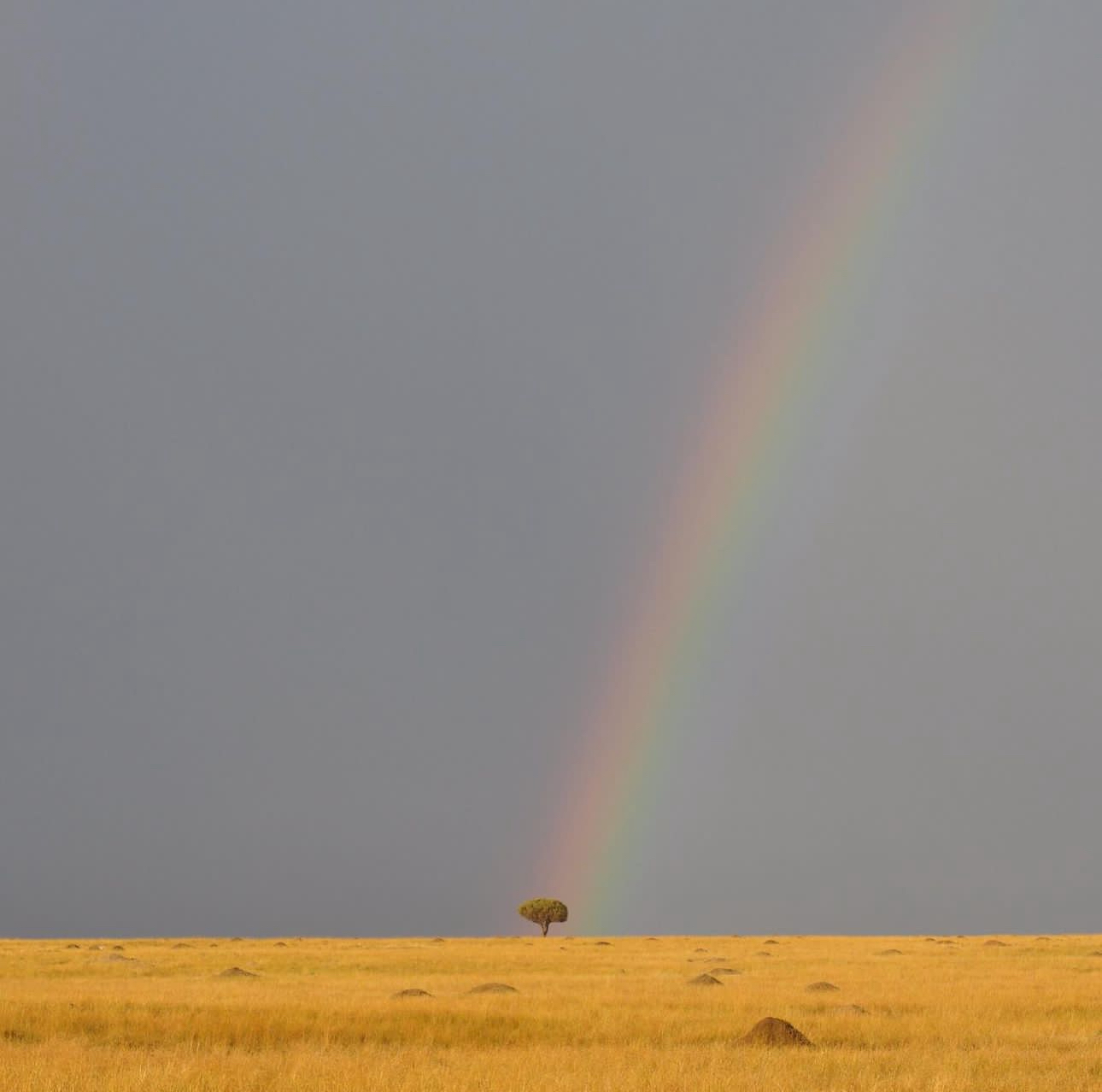10 Powerful Ways to Advocate for Conservation Today.
It’s a question that many of us who care about wildlife have pondered: What can we do to help protect animals like elephants even if we can’t go on a safari or travel to see them in their natural habitats? Thankfully, plenty of impactful ways exist to advocate for these magnificent animals right from home. Here’s how you can make a difference locally for elephants and other wildlife, whether in your neighborhood or across the globe:
1. Raise Awareness in Your Community
One of the most powerful tools you have is your voice. Start by sharing information about the struggles that elephants and other wildlife face, such as habitat loss, poaching, and human-wildlife conflict. Use social media to spotlight these issues, write blog posts, or organize local events to engage your community. The more people who understand the stakes, the larger the conservation community grows.
2. Support Conservation Organizations
Many conservation organizations work tirelessly to protect wildlife. By contributing or volunteering with these groups, you support critical initiatives like habitat preservation, anti-poaching efforts, and education. Every donation or volunteer hour can help, making a tangible difference in conservation efforts worldwide.
3. Educate Others about Coexistence
Education plays a vital role in wildlife conservation. You can organize presentations at local schools, libraries, or community centers about the importance of coexistence with wildlife. By discussing how animals contribute to biodiversity and the potential consequences of their decline, you’re helping others see the broader impact on ecosystems and communities alike.
4. Advocate for Stronger Policies
Wildlife protection starts with good legislation. Get involved in local and national advocacy to support stronger wildlife protection laws. Policies addressing the illegal wildlife trade, habitat conservation, and humane treatment of animals need public support to be enacted and enforced. Your voice in supporting these policies makes a real impact.
5. Boycott Products Harmful to Wildlife
Supporting wildlife also means saying “no” to products that harm animals. Avoid items made from ivory, exotic animal skins, or materials sourced through unsustainable practices. By choosing ethical products, you reduce demand for harmful wildlife exploitation and promote a more sustainable market.
6. Promote Responsible Tourism
When you do travel, choose ethical tour operators and wildlife-friendly destinations, such as those that partner with conservation-focused companies like Here Today, Africa Tomorrow (HTAT Journeys). Responsible tourism prioritizes animal welfare and sustainable practices, allowing you to enjoy wildlife respectfully without contributing to habitat degradation or exploitation.
7. Engage Your Community with Local Conservation Events
Creating a culture of conservation in your community can be as simple as organizing events like tree planting, clean-up initiatives, or educational workshops. Not only do these activities foster environmental responsibility, but they also help preserve habitats that local and migratory animals depend on.
8. Practice Mindful Consumption
The daily choices we make matter. Adopt sustainable habits like reducing waste, recycling, and minimizing plastic use. Small changes add up to a significant reduction in your environmental footprint, which, in turn, helps protect the planet and its wildlife.
9. Support Elephant-Friendly Initiatives
Elephants are especially vulnerable due to habitat loss and poaching. You can support initiatives like elephant corridors, which provide safe passageways between habitats, or anti-poaching programs that focus on protecting these animals from illegal hunting. Your support ensures these initiatives have the resources needed to thrive.
10. Participate in Citizen Science Projects
Citizen science programs allow anyone to contribute to wildlife research. From bird-watching surveys to reporting animal sightings, citizen science helps gather essential data that conservationists rely on to track and protect animal populations. These contributions are especially useful for hard-to-reach wildlife regions.
Conservation doesn’t require travel or expertise; it begins with a commitment to small, mindful actions in everyday life. By advocating locally and supporting global conservation initiatives, we each play a part in protecting elephants and other wildlife for generations to come. Every step counts—together, we can make a difference!
